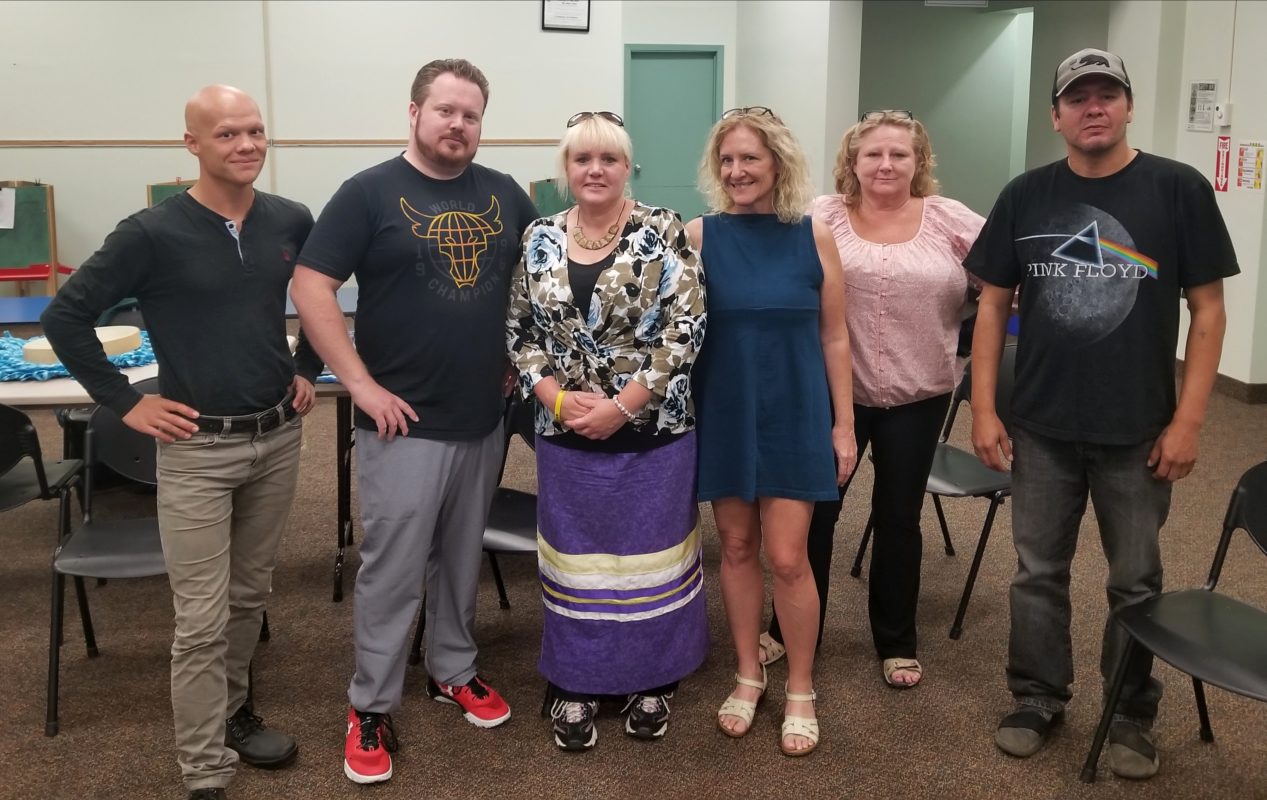Today I had the pleasure of meeting with a group at Waverly Library. This Basic Income Speaker School is a peer led group assisted by Ruth Wescott and McGill student Lucas Paulson. The group gets together to learn how to work with the media, do public speaking, write letters and find ways to help get their stories out to the community.
These people, who they are, and how their lives have changed as a result of the Basic Income Pilot Project is a testament to how a small amount of money and large investment in compassion can make a huge difference. I was blown away by how much peoples lives had changed, how empowered they were as a result of the project. Simply having the means to pay rent, to secure transportation and to make plans for the future are things so many of us take for granted.
Yesterday Lisa Macleod of the Provincial Conservative Government announced the “Plan to scrap Ontario basic income pilot”
I personally applauded the Liberals for this project initially, expecting the results to flow into next steps and follow ups. Now we will lose the benefit of the results of the project and the data meant for next steps.
Instead of the workshop I had planned on the basic tenets of social media for individuals, we broke down three very important tactics on how to leverage social media to gain the attention of government.
3 Tactics to use social media for social advocacy
1. Teamwork
If you feel shy or conflicted about your own idea or message, get out there and post supportive comments to people who are already working towards the same goals as you. If you worry about putting your name out there, send them a private message letting them know how much you appreciate what they are doing.
2. Demand Attention
It can be easy for a voice to get lost in the shuffle of social media, especially amongst the big brands and famous people. In that world one person can seem like a drop of rain in a storm.
When it comes to government you have an advantage, ESPECIALLY during an election cycle. Many gov Facebook pages, either of a Party, Project or individual Person Don’t get a lot of engagement and if you post directly there (with your friends and demanding answers) you are likely to get a response, especially if you do it over and over. Be sure not to be directly rude or say anything inappropriate that might result in you being banned. Many government pages use the likes/shares and comments as the core reporting feature for their superiors and may have some explaining to do if there is a bunch of negative feedback on a project from you and your allies.
3. Record your story
People are inherently good and in an online world where it is so easy to forget about the effect of policy changes on people, when you can put your story and your face behind an issue, people will associate that with the issue. If you feel self conscious about your journey, you can make a Facebook page and post anonymously there.
I implore everyone to read a bit about this issue. Basic Income is a great idea from a cost perspective as well as a socially responsible one.
